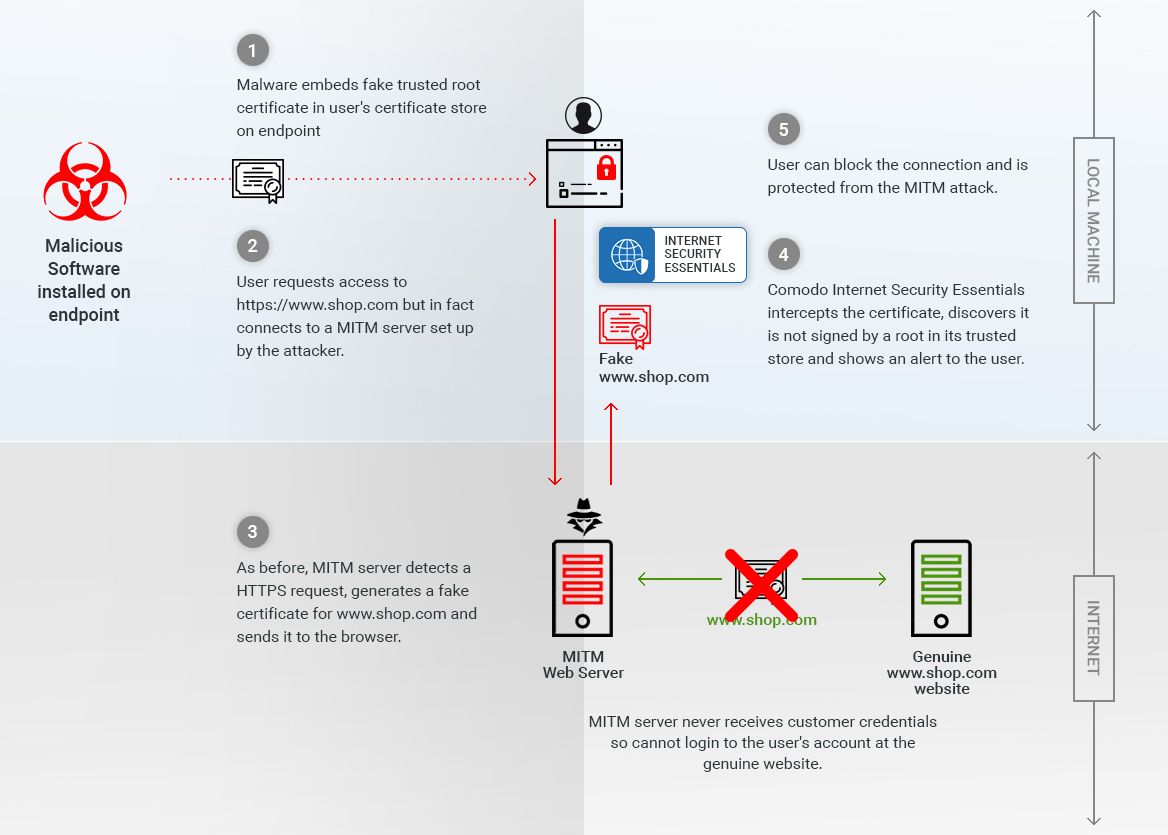
That's why encryption is now a mandatory standard-the penalties for not having SSL/TLS installed are severe.

When a browser makes a connection with an HTTPS enabled web page, it knows to make that a secure connection, it's called the "SSL handshake." Browsers are pushing hard for HTTPS When you do this, all your URLs will start with HTTPS is the secure version of the outdated HTTP protocol the internet was built on. Without one, all the communication to and from your website is insecure-susceptible to eavesdropping, content injection, data manipulation and browser warnings.īy installing a trusted SSL certificate, you can migrate your entire website to become HTTPS compliant. An SSL or TLS certificate is what facilitates the HTTPS encryption protocol (can also authenticate your business' identity). Encryption is what secures and protects information in transit as it's being sent between a visitor's browser and the website they're visiting.

We live in an era where websites need SSL encryption.


 0 kommentar(er)
0 kommentar(er)
